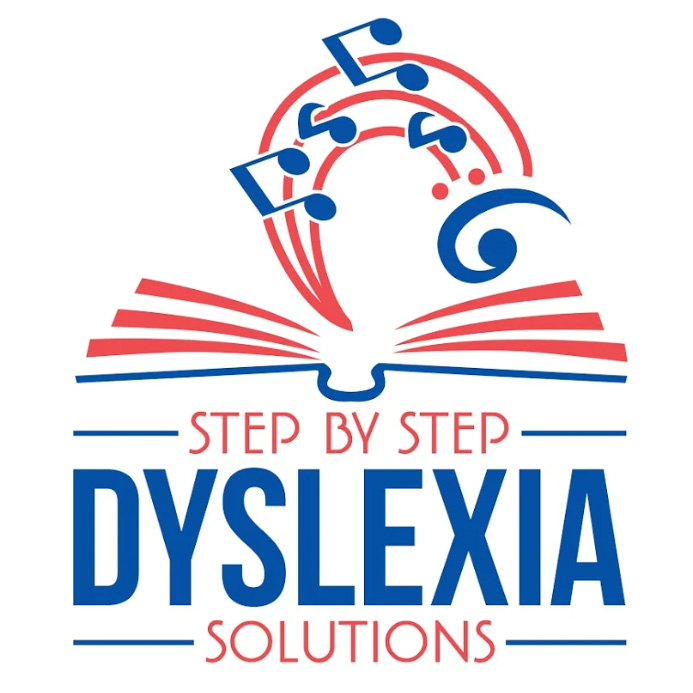Dyslexia and Special Education Eligibility – Monitoring Child’s Progress
If you have an intelligent student that has a learning disability, and just can’t read or write, it may be dyslexia. This can be addressed outside of Special Education if you can pay for your child’s tutoring. But most schools aren’t assessing for dyslexia yet, so you need to write your school a letter to assess your child. If he/she has dyslexia, your child will receive an individual education plan (IEP) addressing your child’s eligibility for Special Education and the goals for the year. By having your child in Special Education, he/she will receive additional support for dyslexia, perhaps 2-5 days a week with correct advocacy.
You can look for additional resources that can help your child get through school. Be sure you get an early diagnosis if you believe your child has dyslexia. Students who aren’t reading at grade level by 4th grade, rarely catch up, and many drop out of high school; some go to prison. You don’t want this to be your child.
Today, I will discuss what parents should do to monitor the effectiveness of the Special Education program.

Home school Parents Need Help!
If your child meets the eligibility requirements for Special Education, the IEP team will develop an Individualized Education Plan (IEP). You are a member of the IEP Team, so you voice needs to be heard, your concerns expressed. The school psychologist will take a lot of time to assess your child and you’ll fill out forms as well. The psychologist should discuss your child’s scores with you before the IEP meeting. Also, your child’s teacher(s) should discuss the new goals with you before the meeting.
Knowing your input in assisting your dyslexic child is important. You are a part of the IEP team and you will sign a form stating whether or not you were listened to and gave input. Be sure if your child is going into 4th grade, he/she is given 4th-grade goals, and of course, there can be modifications to those goals. This way, the goals can be achieved. Be sure the goals are specific and measurable. You can also have a timetable (quarterly goals or benchmarks) and a list of people who will be working with your child on this goal. This could be the Speech Pathologist and the teacher.

The IEP entitles your child to receive support for reading intervention. (This blog is about addressing dyslexia, so I mention reading, writing, and reading comprehension in this goal.) Your child will have additional hours to learn grade-level reading content. Remember, intervention is an additional 2-5 hours a week. Your dyslexic child needs to attend to Common Core Standards as well as be remediated for dyslexia. It is crucial as a parent that you keep up-to-date on how your child is progressing. Here are some factors that will decide if your child is making progress in his studies.
Are you seeing improved self-esteem and increased interest to read inside and outside of class? How is writing improving? When reading, ask questions. Does he comprehend better? Is he remembering more? He should be given strategies to help build his memory and comprehension.
You will receive your child’s progress reports but keep an eye on the IEP goals and be sure they are being addressed at the parent meeting. Each report card will address your child’s progress. I worked in one of the most efficient districts in writing goals because we had a school psychologist that worked really hard with the Special Education teachers. She was so good, she got promoted to the District Office when I left the district. If the goal is too difficult or too easy, address it right away. And if goals are achieved sooner than expected, be sure new goals are written up immediately.
Just a note – Before you decide to enroll your child in Special Education, talk to an educational specialist to see if they can test your child and see where he/she stands, and ensure you inform the district office about it. The outside assessment is much quicker and will give you a very strong indication if your child meets the eligibility requirements for dyslexia.

Being the parent of a dyslexic child is stressful. However, if you talk to teachers, or educational specialists regarding your situation the journey will be less stressful.
If you have any questions visit my website for a free one-on-one consultation. Start to intervene early. Do not give up on yourself or your child! You can reach me here. https://bit.ly/3lmtCFu
#dyslexia #mariannecintron #dyslexiasolutions

